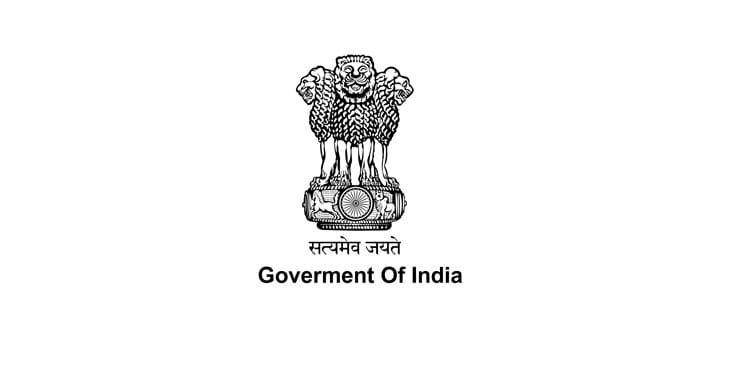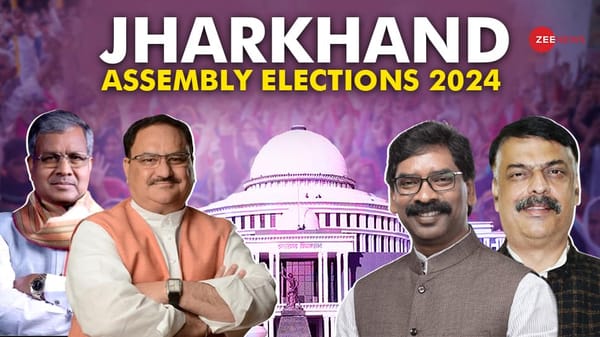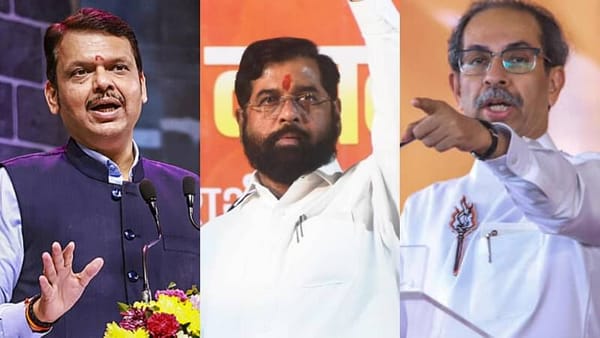An Overview of the Central Government of India and Its Ministries

The Central Government of India, also known as the Union Government, is the governing authority of the entire country. It operates under a federal structure, but with significant centralization of powers, particularly in areas of national importance like defense, finance, and foreign policy. The government is organized into various ministries, each tasked with overseeing specific sectors of governance, from education and healthcare to infrastructure and agriculture. These ministries work together to formulate policies, execute programs, and manage the administration of India’s vast and diverse population.
Here’s an in-depth look at the key ministries under the Central Government of India and their functions.
1. Prime Minister’s Office (PMO)
The Prime Minister’s Office is the central administrative support system for the Prime Minister of India. The PMO plays a crucial role in coordinating between ministries, managing national policies, and implementing major government initiatives. The Prime Minister is the head of the government and leads the Union Council of Ministers.
Key Responsibilities:
- Overseeing all ministries and departments.
- Implementing government policies and programs.
- Representing India on international platforms.
2. Ministry of Home Affairs (MHA)
The Ministry of Home Affairs is responsible for internal security, law and order, and overseeing the Union Territories. The ministry plays a pivotal role in maintaining peace and harmony within the country, managing border security, disaster management, and counter-terrorism efforts.
Key Responsibilities:
- Managing internal security and the police forces.
- Overseeing the functioning of Central Armed Police Forces (CAPFs).
- Handling Union Territories and disaster management.
3. Ministry of Finance
The Ministry of Finance is responsible for managing India’s economic policies, government expenditure, taxation, and financial regulations. It plays a key role in the preparation of the Union Budget, fiscal policies, and economic reforms to stimulate growth.
Key Departments:
- Department of Economic Affairs: Manages India’s economic policies and financial markets.
- Department of Revenue: Handles tax collection, including income tax, GST, and customs.
- Department of Financial Services: Supervises banking, insurance, and pension reforms.
- Department of Investment and Public Asset Management (DIPAM): Manages the government’s disinvestment strategy.
4. Ministry of Defence
The Ministry of Defence is responsible for managing India’s defense policies, including the armed forces (Army, Navy, and Air Force), defense production, and military research and development. The ministry ensures the security of India’s borders and manages defense relations with other nations.
Key Responsibilities:
- Administering the Indian Armed Forces.
- Overseeing defense production and procurement.
- Formulating defense policies and international defense cooperation.
5. Ministry of External Affairs (MEA)
The Ministry of External Affairs is tasked with managing India’s foreign relations, diplomacy, and international cooperation. It handles diplomatic missions, international negotiations, and coordinates with other countries on issues like trade, security, and climate change.
Key Responsibilities:
- Managing India’s embassies and consulates worldwide.
- Conducting foreign policy and international negotiations.
- Representing India in international organizations like the UN, WTO, and others.
6. Ministry of Agriculture and Farmers’ Welfare
This ministry focuses on developing policies to support India’s agricultural sector, improve farmers’ income, and ensure food security. Agriculture is a key sector in India, employing a large portion of the population.
Key Departments:
- Department of Agriculture, Cooperation, and Farmers Welfare: Implements schemes like Pradhan Mantri Fasal Bima Yojana (crop insurance).
- Department of Animal Husbandry, Dairying, and Fisheries: Oversees livestock and fisheries.
7. Ministry of Health and Family Welfare
The Ministry of Health and Family Welfare is responsible for managing public health, medical education, and family planning policies. It plays a critical role in controlling disease outbreaks, managing healthcare infrastructure, and implementing programs like Ayushman Bharat.
Key Departments:
- Department of Health and Family Welfare: Focuses on health policy and programs like immunization and maternal care.
- Department of Health Research: Conducts medical research and develops healthcare innovations.
8. Ministry of Education
The Ministry of Education is responsible for formulating and implementing policies related to education, literacy, and human resource development. The ministry plays a key role in improving school and higher education standards, as well as vocational training.
Key Initiatives:
- Samagra Shiksha Abhiyan: Focuses on holistic school education.
- National Education Policy (NEP) 2020: Aims to transform India’s education system to be more inclusive and technology-driven.
9. Ministry of Road Transport and Highways
This ministry is in charge of developing and maintaining India’s road infrastructure. It is responsible for building national highways, implementing road safety measures, and promoting the use of eco-friendly vehicles.
Key Projects:
- Bharatmala Pariyojana: A large-scale road development initiative aimed at improving road connectivity across the country.
- Pradhan Mantri Gram Sadak Yojana (PMGSY): Focuses on improving rural road connectivity.
10. Ministry of Railways
The Ministry of Railways oversees the operation and expansion of India’s vast railway network, which is one of the largest in the world. It manages railway infrastructure, passenger services, and freight movement, contributing significantly to India’s economy.
Key Responsibilities:
- Developing new railway lines and upgrading existing ones.
- Ensuring passenger safety and modernizing railway infrastructure.
- Introducing high-speed rail and metro rail projects.
11. Ministry of Commerce and Industry
The Ministry of Commerce and Industry is responsible for formulating policies to promote trade, commerce, and industrial growth. It plays a pivotal role in international trade negotiations, foreign direct investment (FDI) policies, and boosting Indian exports.
Key Departments:
- Department of Commerce: Oversees trade promotion and foreign trade policy.
- Department for Promotion of Industry and Internal Trade (DPIIT): Focuses on industrial development and ease of doing business initiatives.
12. Ministry of Electronics and Information Technology (MeitY)
MeitY plays a critical role in fostering India’s digital economy, overseeing policies related to IT, digital payments, cybersecurity, and electronics manufacturing. It also manages key initiatives like Digital India, which aims to make government services accessible to citizens electronically.
Key Initiatives:
- Digital India: A flagship initiative to transform India into a digitally empowered society.
- Startup India: Promotes innovation and entrepreneurship in the technology sector.
13. Ministry of Environment, Forest and Climate Change
This ministry is responsible for protecting and conserving India’s natural environment, forests, and biodiversity. It formulates policies on pollution control, wildlife conservation, and addresses the challenges of climate change.
Key Responsibilities:
- Implementing the National Clean Air Programme (NCAP).
- Monitoring wildlife conservation efforts through national parks and wildlife sanctuaries.
- Promoting sustainable development and green technologies.
14. Ministry of Housing and Urban Affairs
The Ministry of Housing and Urban Affairs is responsible for urban development, housing, and smart city initiatives. It plays a crucial role in implementing policies related to urban planning, sanitation, and affordable housing.
Key Programs:
- Smart Cities Mission: Aims to promote cities that provide core infrastructure, a decent quality of life, and a clean environment.
- Pradhan Mantri Awas Yojana (PMAY): Provides affordable housing for all by 2022.
15. Ministry of Rural Development
The Ministry of Rural Development works to improve the quality of life in rural India by implementing poverty alleviation programs and developing rural infrastructure.
Key Programs:
- Mahatma Gandhi National Rural Employment Guarantee Act (MGNREGA): Ensures wage employment for rural households.
- Deen Dayal Antyodaya Yojana: Focuses on rural livelihood and self-help groups.
Conclusion
The Central Government of India operates through a wide array of ministries, each dedicated to specific areas of governance, from defense and foreign affairs to health, education, and infrastructure. These ministries work collaboratively to ensure the smooth functioning of the country, implementing policies and programs that cater to the diverse needs of India’s 1.4 billion citizens. The role of these ministries is not only to govern but also to drive India’s development in various sectors, ensuring that the country remains on a steady path toward growth and prosperity.



